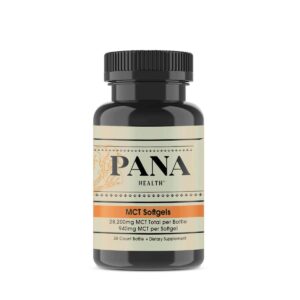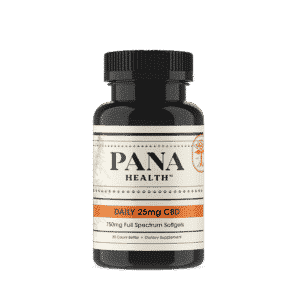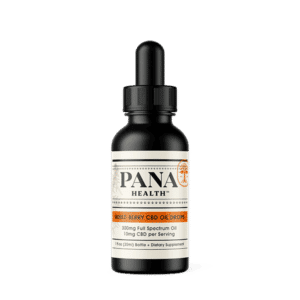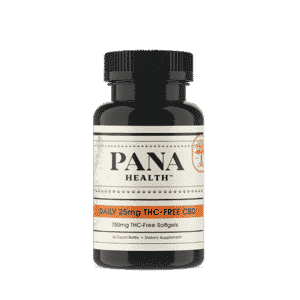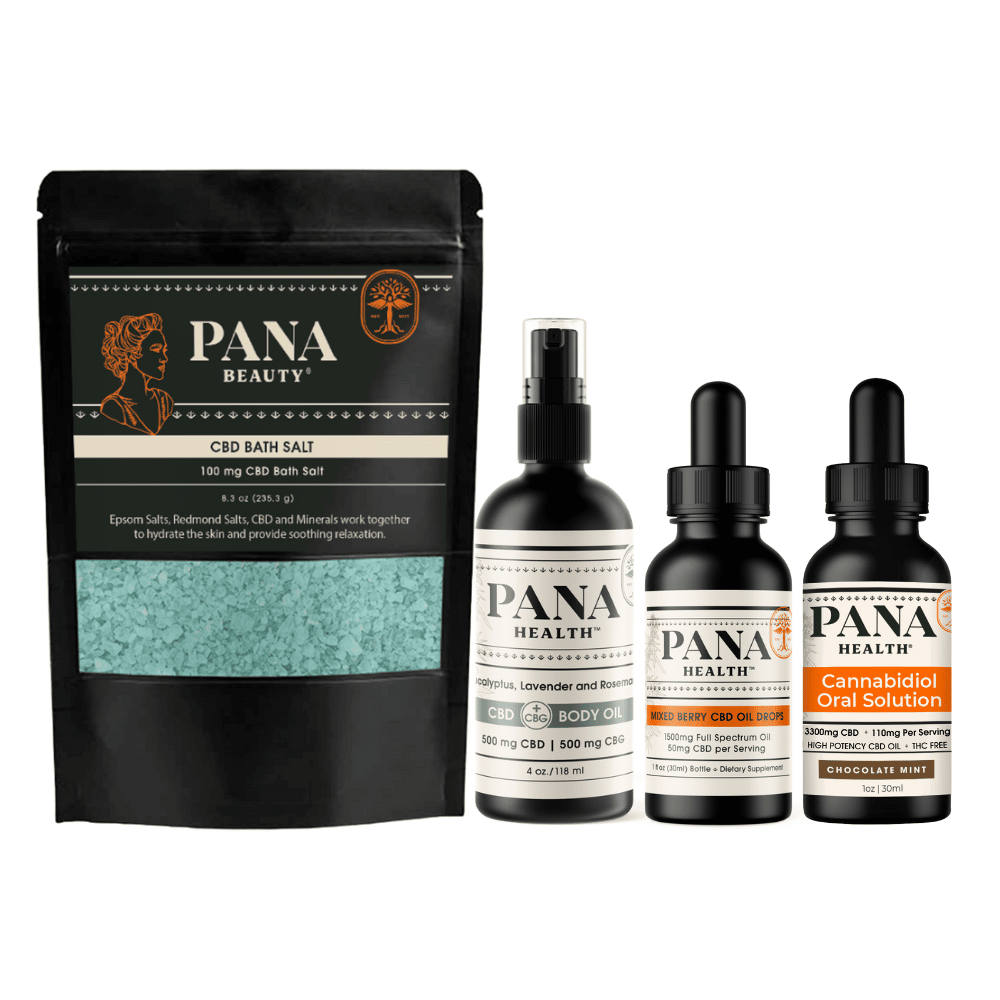Discomfort relief is something that plagues everyone. There are many different types of discomfort relief and they are all bad and all deserving of support and relief. But there are some in types of discomfort that negatively impact people’s lives on a much larger scale than others. According to the American Council on Science and Health, 20% of Americans report experiencing pain every day or pain that lasts more than 24 hours. This means that roughly 50 million US citizens live with chronic pain. The incidence of chronic pain is more prevalent than diabetes, heart disease, and cancer combined. Sadly, mainstream treatments may come with risks, and sometimes very great ones.
The opioid crisis is a plague in and of itself. While America combats this crisis and the medical field grapples with finding less risky but still effective treatment options for discomfort, more and more people turn to alternative methods. These alternative methods can be someone’s entire treatment plan, or simply a supplement to their existing health regimen. One alternative option that has been growing rapidly in popularity cannabidiol, otherwise known as CBD.
While much research still needs to be done and the validity of claims regarding CBD and pain management are by no means definitive, there have been promising findings and positive reports from individuals. A 2018 cross-sectional study of cannabidiol users found that pain was among the top three motivators among people to use CBD. Moreover, the study found that 36% of respondents reported the particular CBD in question worked “very well by itself” in reducing their pain, while only 4.3% stated it worked “not very well.”

CBD: What is it?
CBD is a natural occurring chemical compound found in the cannabis plant. Unlike THC, formally referred to as tetrahydrocannabinol, it is not psychoactive. This means it does not induce the euphoria or “high” effect associated with THC. Despite its non-psychoactive status, CBD does indeed interact with cell communication in the brain, and therefore has its own set of unique and varying effects. Since the 2018 Farm Bill, CBD products of all kinds have been popping up everywhere, but businesses trying to profit off a piece of the CBD pie are not the only ones who have taken an interest.
Volumes of studies within the medical field are being turned out left and right as researchers make up for lost time, exploring every possible facet of this fascinating compound in attempts to access and understand all its magical properties. The more researches learn of CBD, the more it becomes clear that its magical properties are very much rooted in reality.
The studies exploring CBD and pain management are among those continuously turning out promising findings, giving those afflicted by discomfort a new and hopeful option to turn to when considering treatment alternatives. What’s even better, the research on CBD’s potential benefits goes above and beyond the general umbrella that is chronic pain. In fact, research has quite purposefully included many other types of pain, such as arthritis, migraines, cancer pain and neurogenic pain. Much like those linked to chronic pain, these findings of these studies have also proved promising.
CBD’s Potential
One of the major potential benefits of CBD to come out in recent years is related to its anti-inflammatory properties and possible ability to alleviate neuropathic pain. These findings are especially significant given that inflammatory and neuropathic pain are two of the most difficult types of chronic pain to treat.
A 2015 review led the reviewers to claim, “CBD reduces inflammation through several pathways in the body and represents an effective potential treatment for a range of conditions characterized by inflammation.” A 2016 study on rats with arthritis found that four daily CBD gel applications reduced inflammation in that rats’ joints, as well as a reduced the exhibition of pain related behavior. Similarly, another study on rats with osteoarthritis found that, after two weeks of applying a topical CBD treatment, acute inflammation of the joints had decreased. Moreover, the CBD prevented further nerve damage and joint pain.
The pain relief observed in the rat studies has been observed in a substantial number of other studies as well, leading many medical experts to take notice and seek further consideration into cannabidiol as a viable option for the management of neuropathic and inflammatory pain. The implications here are significant when looking at the numerous ways in which inflammation and neuropathic pain are connected to both acute and chronic pain related to not only to arthritis, but cancer, diabetes, asthma, lower back pain, multiple sclerosis, and more.
Methods of CBD Treatment
An important thing to consider when finding the appropriate method of CBD use is dosage. CBD oil in liquid or capsule form is a great option when experimenting with dosing. The milligram content should be labeled clearly, and oils typically come with a dropper or applicator allowing you to ingest your desired CBD dosage with more precision and certainty. Other edibles, like baked goods and gummies, usually specify the exact CBD content as well. It’s important to remember, however, that CBD is in the beginnings of being regulated by the Food and Drug Administration (FDA), so you cannot always be 100% sure of what you’re getting. This is where research and professional guidance is especially important.
CBD pills and edibles take time to digest, which might be acceptable for someone seeking regular, sustained relief, but if you’re looking for more immediate relief, directly administering CBD oil to your tongue will be a much faster way to achieve it. Topicals, like salves and balms, are great for applying and reapplying directly to the afflicted area in hopes for localized and lasting relief. Because the cannabidiol is not being absorbed into the bloodstream, topicals are unlikely to present risk of unwanted side effects, such as nausea and fatigue.
As always, the best way to decide which method of CBD is right for you is to speak to a medical professional. This will help you get informed on whether CBD is a suitable choice for you, and likely help point in you in the right direction to make sure the product you’re buying is safe and reliable.



